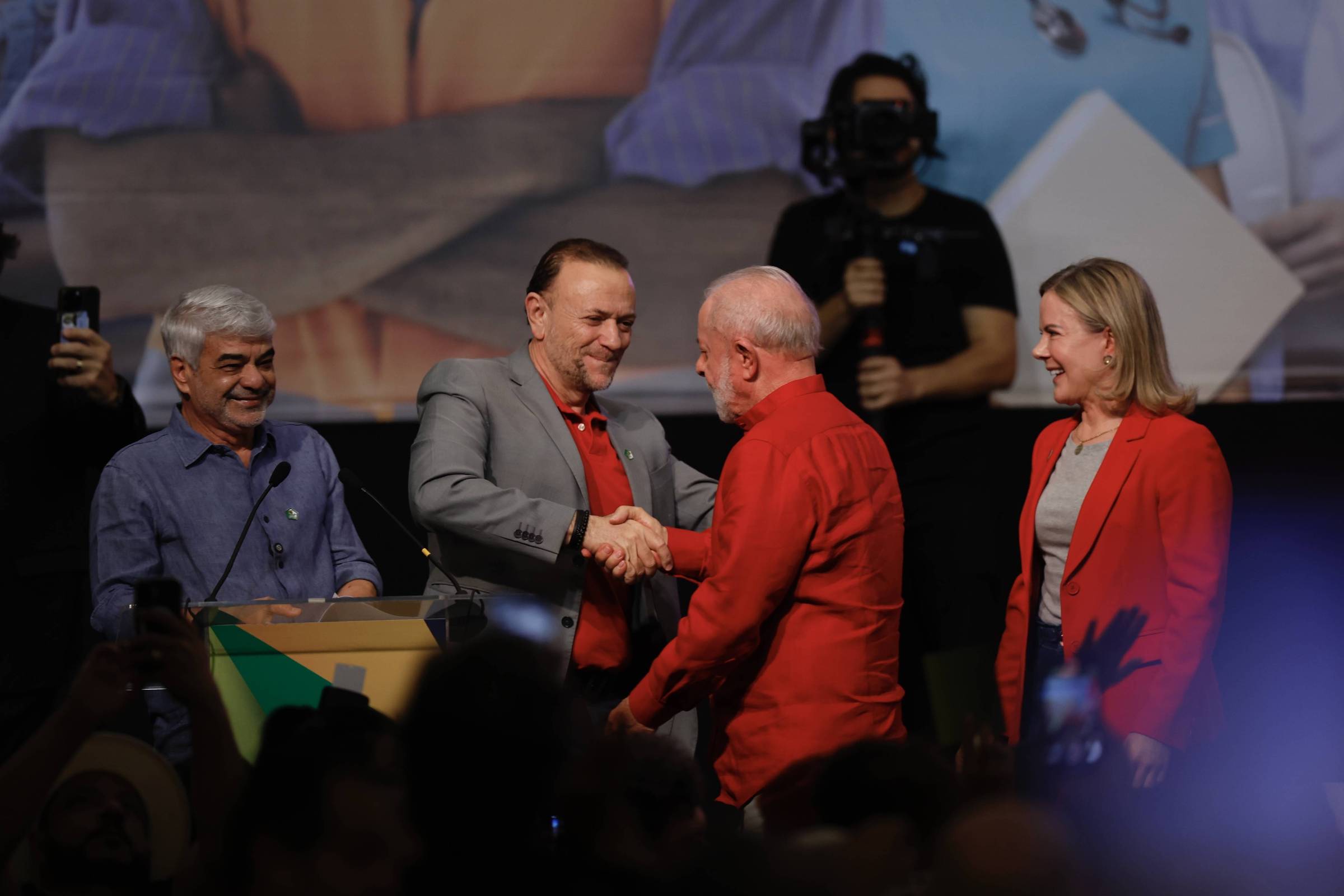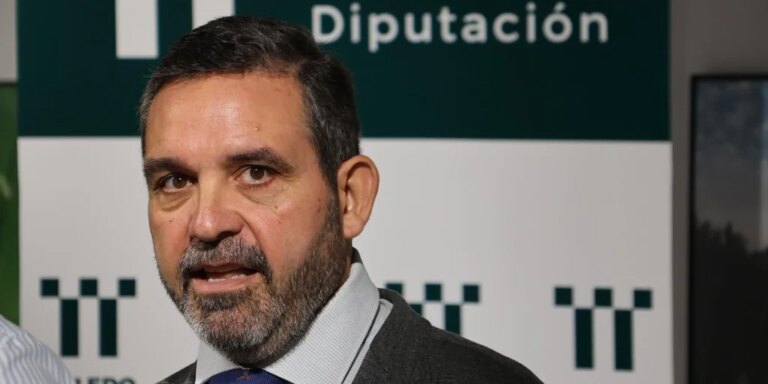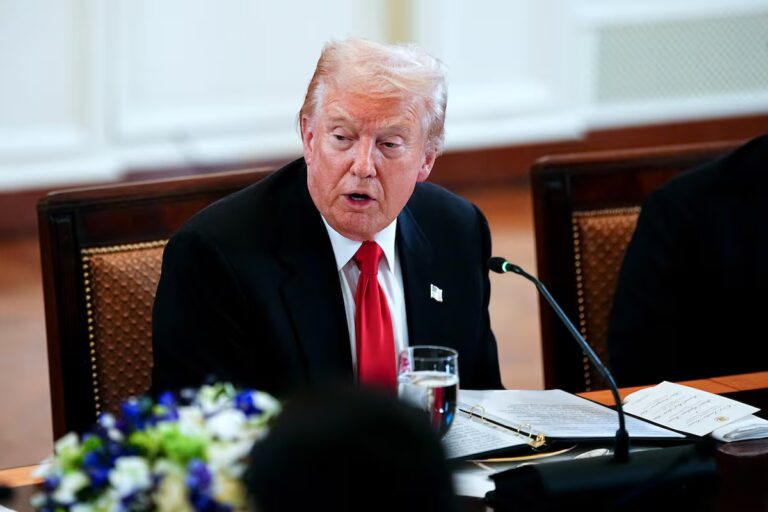
Focused on President Lula’s re-election, the PT has adopted a cautious strategy ahead of the 2026 elections, suppressing internal concerns and postponing decisions on its own candidacies for state government and the Senate until next year.
Last week, the first step towards opening negotiations was taken with the establishment of the Electoral Working Group (GTE), the body responsible for coordinating the party’s national strategy for the 2026 electoral dispute.
The group will be led by Federal Deputy José Guimarães (PT-CE) and will be tasked with defining action with three priority focuses: Lula’s re-election, expanding the PT’s seats in the House of Representatives and the Senate, and ensuring a strong and clear national platform with its allies.
The order is to expand negotiations, reduce boilover in the state and avoid sudden moves that could negatively impact the national movement.
“The first priority is the re-election of President Lula. We have to bring together strong candidates in the democratic field against this part of the organized right in Brazil, which has an ideological definition inspired by fascism,” says Edinho Silva, the PT’s national president.
He said he would develop strategies according to the realities of each state and prioritize names that could block candidates aligned with former President Bolsonaro (PL).
José Guimarães, appointed Coordinator of GTE, emphasized that the Northeast is the center of the national strategy. The goal is to elect at least one senator from the PT and one senator from an allied party in all nine states.
Another objective of the PT is to elect at least one federal representative per federal unit and ensure its presence in all states.
In each state, local directories inform candidates for government and senate positions and pre-campaign on the streets. investigation sheet The PT points out that it has primary gubernatorial candidates in at least 11 states and federal districts.
Four of them are believed to be certain to appear on the ballot. In addition to Governors Geronimo Rodríguez (BA), Hermano de Freitas (CE), and Rafael Fonteles (PI), who are running for re-election, Secretary Cadu Xavier (RN), who was chosen to replace Governor Fatima Bezerra of the PT.
Of the four, Fonteles is the most comfortable and is considered the front-runner in a scenario where the rivalry splits. Mr. Hermano and Mr. Geronimo are in control, but they face a difficult scenario with organized opposition and security bottlenecks in each state.
Kadou Xavier, the finance secretary in Fatima Bezerra’s government, will have a more complex task because he is unknown and enjoys the president’s popularity. For this reason, he became known as “Cadu de Lula” by his allies.
Among other states, the main bet is Rio Grande do Sul, where former deputy Edgar Plett’s name is well placed in the polls. However, given the calls for unity on the left, the candidacy remains uncertain.
In the Federal District, the PT has ordered the suspension of elections to be held in November between former deputy Gerardo Majera and Ifan (National Institute of Historical and Artistic Heritage) director Leandro Gras. In our guidelines, local directories are not intended to be application definitions.
Five of the six senatorial candidates whose terms end in February 2027 have indicated their intention to run for re-election. Senator Paulo Paim (PT-RS) said he would not run for a new term, but appeals from allies have raised the possibility that he will run again.
Outside this group, Rio Grande do Norte Governor Fatima Bezerra’s candidacy is also considered a given. However, in other states, the intentions vary depending on the local situation and its impact on the national scenario.
In Bahia, the definition of Governor Jeronimo Rodríguez’s ticket to re-election will remain until next year. “We are in no hurry, and our allies know that,” said Adolfo Loyola, the state’s secretary of institutional relations.
The base has been facing tension since 2024, when Rui Costa, Minister of the Civil Chamber (PT), announced his intention to run for the Senate, and the PT began defending its purebred ticket with Geronimo, Rui and Jack Wagner.
This strategy conflicts with the wishes of Sen. Angelo Coronel (PSD), who wants to run for re-election. Imbroglio will require a delicate political response, as the PSD has more than 100 city halls in Bahia and is an ally of Lula’s in the state.
The scenario is similar in Ceara state, where PT member José Guimarães is aiming for one of the Senate seats, while other allied parties also hope to join Governor Hermano de Freitas (PT) on his ticket.
In recent weeks, Guimarães has upped his tone, criticizing PT allies in Ceará state who voted against issues of interest to Lula’s government in the National Congress. This was the case with senators Junior Mano (PSB) and Moses Rodríguez (Unian Brasil), who are negotiating to run for the Senate on the PT ticket.
PT members Benedita da Silva (RJ), Fernando Addad (SP), Erika Kocai (DF) and Marcelo Ramos (AM) may also run for the Senate.
In São Paulo, factions of Lula’s government are still considering making former player Lai a senator or supporting allies such as Marina Silva (Lede) and Simone Tebet (MDB).
Although its own candidate has not yet been decided, the PT is accelerating negotiations for alliances with other political parties.
The most recent campaign took place in the state of Paraná, where the party announced its support for state representative Requian Filho (PDT) in the issue of state government.
Outside of the left, parties such as the PSD and MDB should be preferred allies. PT members should support Omar Aziz of Amazonas (PSD), Renan Filho of Alagoas (MDB), and Hanna Ghassan of Pará (MDB).



